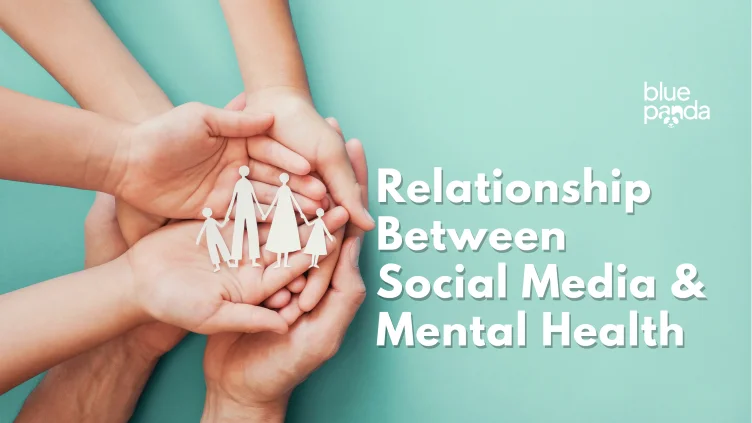
Social media has transformed the way we communicate and interact with one another. It has made it easier for us to stay connected with friends and family, access information, and even build new relationships. However, the rise of social media has also raised concerns about its impact on mental health, especially in developed nations where the exposure to social media is higher as compared to other parts of the world. This blog post will explore the complex relationship between social media and mental health in developed nations, including the potential risks and benefits of social media usage.
The Negative Impact of Social Media on Mental Health:
Studies have shown that excessive social media use can contribute to negative mental health outcomes such as anxiety, depression, and poor self-esteem. Social media can make people feel inadequate and unhappy by promoting unrealistic body standards, the “perfect life” illusion, and fostering social comparison. Moreover, online harassment and cyberbullying have become rampant on social media platforms, leading to stress, trauma, and even suicide in severe cases.
However, social media companies have taken steps to address these issues by introducing features such as anti-bullying measures, privacy controls, and suicide prevention resources. Additionally, mental health professionals have developed interventions that leverage social media to promote positive mental health outcomes, such as online support groups and mental health awareness campaigns.
The Positive Impact of Social Media on Mental Health:
Despite the negative impact of social media on mental health, it can also have positive effects on well-being. Social media platforms can provide access to social support, which can be beneficial for individuals who experience isolation or loneliness. Additionally, social media can be a source of inspiration, creativity, and community-building. For example, social media platforms like Instagram have become a popular platform for mental health advocates, who use the platform to share their personal stories, promote mental health awareness, and reduce stigma.
The Importance of Digital Detox and Self-Care:
Given the potential risks and benefits of social media, it is essential for individuals to practice digital detox and self-care. Digital detox refers to taking a break from social media and unplugging from technology to reduce stress, anxiety, and promote self-reflection. Self-care refers to activities that promote physical and mental well-being, such as exercise, mindfulness, and spending time in nature. These practices can help individuals maintain a healthy relationship with social media, reduce the negative impact on mental health, and enhance overall well-being.
Case Studies and References:
There are numerous examples of individuals, organizations, and businesses that have taken steps to promote positive mental health outcomes on social media. For instance, the “Project Let’s Talk” campaign in Canada encourages individuals to share their mental health struggles on social media to reduce stigma and promote help-seeking behavior. Similarly, the “Social Media and Mental Health Summit” brought together mental health professionals, social media companies, and policymakers to discuss the impact of social media on mental health and develop strategies to promote well-being.
Conclusion:
In conclusion, social media and mental health have a complex relationship, with both potential risks and benefits. While social media can provide access to social support, inspiration, and community-building, excessive use can lead to negative outcomes such as anxiety, depression, and poor self-esteem. Therefore, individuals should practice digital detox and self-care to maintain a healthy relationship with social media and reduce the negative impact on mental health. Moreover, social media companies should take responsibility for promoting a healthy online environment and implementing measures to protect the mental health of their users